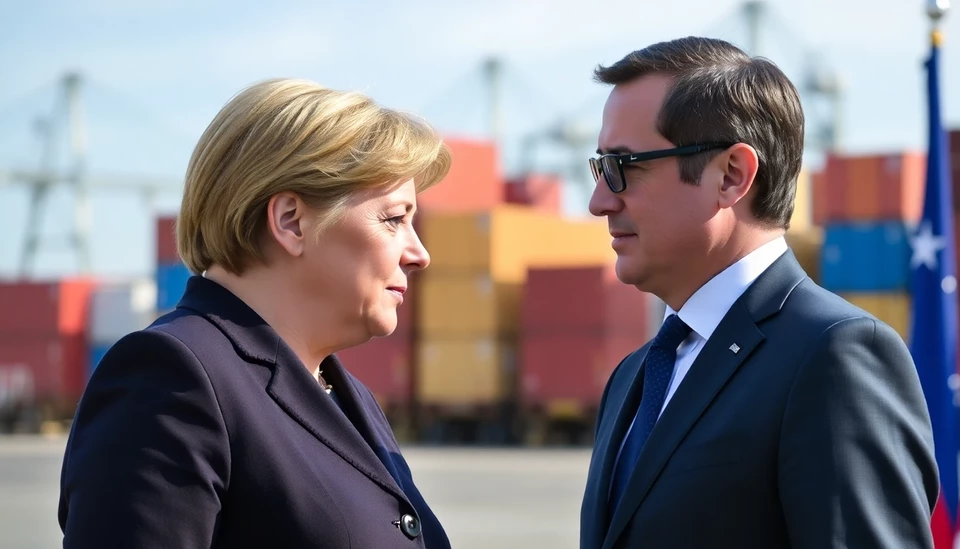
In a concerted effort to bolster their economic positions amid rising global trade tensions, Germany and France are pushing for a more assertive tariff response to international trade practices they deem unfair. Their demand for protective measures comes in response to concerns about the increasing use of tariffs by nations outside the European Union, which could threaten the integrity of the single market.
The move reflects a growing unease within the EU regarding the potential impact of tariff disputes on member nations, particularly in light of recent policies adopted by major economies. French Finance Minister Bruno Le Maire and German Economy Minister Robert Habeck held discussions on the subject, emphasizing that the two nations must lead the charge in formulating a unified response to ensure that European businesses are not placed at a competitive disadvantage.
As world economies grapple with inflation and supply chain disruptions, the proposed tariff measures aim to safeguard local industries from external shocks. Both nations believe that a stronger stance could dissuade countries from imposing tariffs and foster a more equitable trading environment. They highlighted the necessity of reinforcing support mechanisms that would enhance the EU’s capacity to respond to economic challenges.
During a recent joint press conference, Le Maire stated, “We must protect our companies and workers from unfair trade practices. A robust tariff system is essential in leveling the playing field and ensuring that the European economy remains resilient.” Habeck echoed his sentiments, noting the importance of solidarity within the EU to effectively address such issues.
The call for an aggressive tariff response is also indicative of a broader strategy aimed at modernizing Europe's trade policies in the face of evolving global dynamics. France and Germany are advocating for a comprehensive review of existing trade agreements with third countries, with the intent of reinforcing clauses that prevent anti-competitive behaviors.
Moreover, the proposed measures are expected to particularly target goods imported from nations that have implemented tariffs on European products, creating a reciprocal mechanism aimed at preserving European market interests. This approach has garnered support from several EU officials who recognize that maintaining a competitive edge in international trade requires a proactive stance.
As discussions continue, many analysts are watching closely to see how other EU member states will respond to this initiative. The implications of a proposed tariff strategy could significantly influence trade relations within the EU and impact global market dynamics moving forward. The outcome of these deliberations holds the potential to redefine trade protocols and establish new norms for international commerce in an increasingly protectionist climate.
In conclusion, Germany and France's push for a more aggressive tariff response marks a pivotal moment in European trade policy. Their leadership in this arena could set a precedent for how the EU navigates future trade conflicts, reinforcing the bloc's commitment to fair competition and economic stability.
#Germany #France #TariffResponse #TradePolicy #EuropeanUnion #EconomicStability #FairTrade
Author: Laura Mitchell




